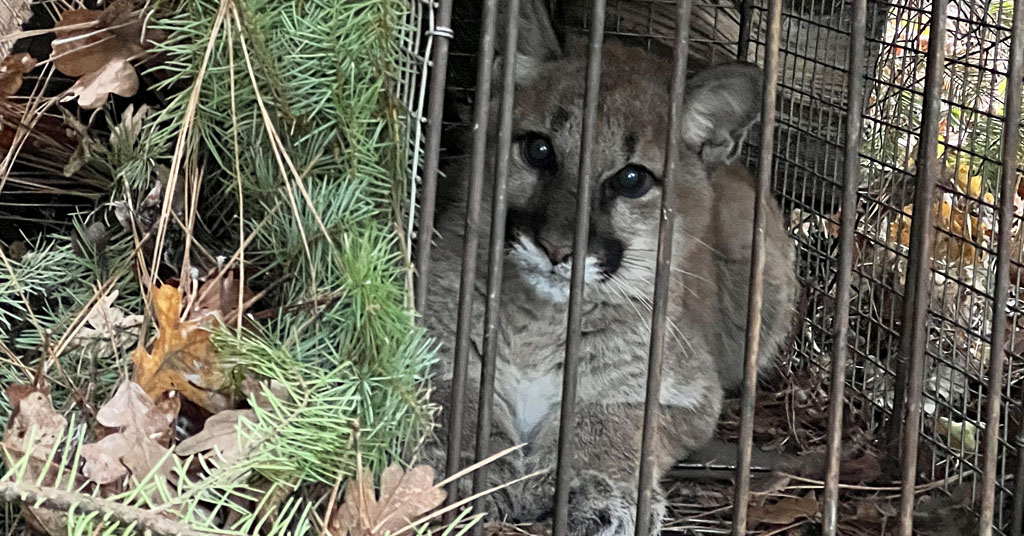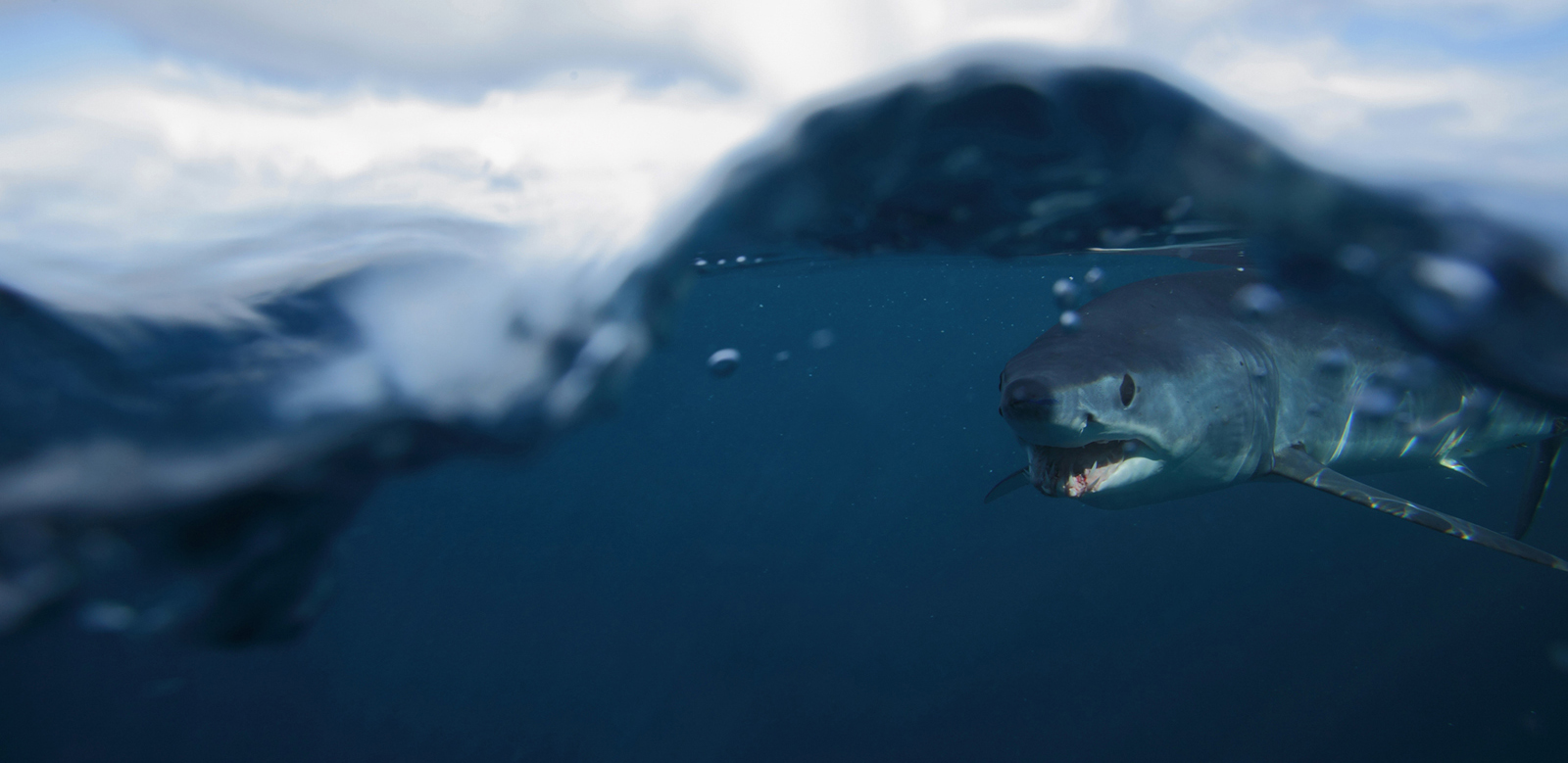Animal Clinic Nurses Injured, Sick Seals Back to Health
March 2, 2017
MYSTIC, Conn. — The Seal Rescue Clinic at Mystic Aquarium is a modest, outdoor, fenced area where seals, sea turtles and other marine mammals rescued from nearby beaches are cared for until they are ready to be released back into the wild. And in mid-winter, it’s a busy place.
Last week, swimming in a 12-foot-diameter tank containing 3,200 gallons of water, was a young harbor seal found malnourished on a Long Island beach in December. A few steps away in one of five 700-gallon intensive care tanks was a newly arrived gray seal pup recovered from a beach in Maine, and another gray seal pup — this one stranded on Fisher’s Island, N.Y. — rested in a smaller tank.
Inside an adjacent tent, food and medications were being prepared by staff and interns to ensure that the animals recover as quickly as possible.
“January to April is our busy season for responding to live animals,” said Janelle Schuh, who directs the clinic and the aquarium’s Animal Rescue Program. “That’s when we see gray seals pupping off our shoreline and when harp seals and hooded seals are migrating into our area.”
Aquarium staff and about 250 trained volunteers respond to some 150 reports of sick, stranded and dead marine mammals in southern New England and Fisher’s Island, N.Y., annually — about 70 percent of which come from Rhode Island.
When it’s deemed necessary to rescue an animal, it’s herded into a mobile kennel and delivered to the Seal Rescue Clinic for round-the-clock care. When necessary, veterinarians may conduct surgeries and other procedures in the aquarium’s new veterinary hospital, which opened in December.
The clinic also rehabilitates animals recovered by organizations elsewhere in the Northeast that don’t have their own clinics, including a manatee found on Cape Cod last fall that was eventually flown to Florida by the Coast Guard.
Last year was the aquarium’s busiest year for rehabilitating seals. About 30 animals were rescued and brought to Mystic — half of them harbor seal pups recovered in the summer in Maine — and 25 of them were nursed back to health and released at Blue Shutters Beach in Charlestown. Most were young seals struggling with malnourishment, dehydration and traumatic wounds such as shark bites. Other animals were suffering from human interactions, such as fishing-gear entanglements or boat-propeller wounds.
How long the animals remain at the aquarium depends on their age and the severity of their malady.
“This time of year, we often turn around a dehydrated harp seal in a month, gray seal pups in two or three months, and days-old harbor seal pups are usually here four or five months,” Schuh said. “They’re sometimes here for over a year if they have bad injuries.”
She said the number of stranded animals isn’t increasing, but it’s unlikely that it will decrease enough to put her out of a job.
“There’s always going to be a need,” she said. “Marine mammal populations are increasing significantly, especially seal populations, and there will always be human interactions as the number of animals increases.”
While few seals have been rescued from disease in recent years, an outbreak of the avian flu virus in harbor seals in 2011 resulted in ongoing research projects that require aquarium staff to collect biological samples from every animal that comes into the clinic.
According to Schuh, one of the benefits of the Animal Rescue Program is the public education that results from the rescue, rehabilitation and release of the animals. The public learns first-hand how their actions, such as the irresponsible disposal of plastics, can affect marine creatures.
Those who observe a seal or other marine mammal or sea turtle on a beach are encouraged to report it to the Mystic Aquarium Animal Rescue Program at 1-800-572-5955, ext. 107. The aquarium advises the public to give the animal plenty of space, don’t touch it, keep pets away, and be observant for obvious signs of injury, general body condition and any identification tags.
“It’s human nature to do what we can to help an animal in need,” Schuh said. “That’s the philosophy we take here. If we see an animal in need, we’re going to help it and take care of it regardless of what’s happening to the population in the wild. In some cases, they’re too far gone to help, but we can still ease their suffering. It’s the least we can do.”
Rhode Island resident and author Todd McLeish runs a wildlife blog.



